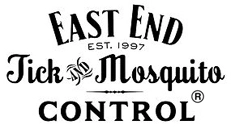The Time to Start Preparing for Winter is Now
Most people believe that colder temperatures kill ticks but we’re here to let you know that myth is FALSE. During the fall season (October and November), ticks are active and looking to feed as they know winter is on the horizon and they’ll need to survive until spring. As long as they are not covered
